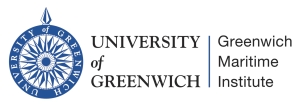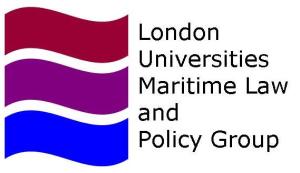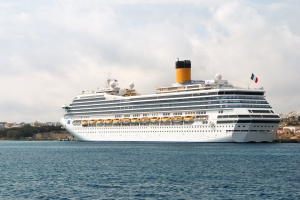Classification societies are maritime organisations that make and verify standards for the construction and operation of sea-going vessels and off shore rigs. Their genesis can be traced back to the 1700s when maritime insurers wanted to ascertain whether the ships they were underwriting were sound or not. Edward Lloyd established the first register of shipping in 1764 to satisfy the businessmen’s need.
The Lloyd’s Register of Shipping, as Edward Lloyd’s establishment was called, rated the construction and condition of a ship’s hull by conferring the grade A, E, I, O or U. – and graded equipment as G, M, or B – good, middling or bad. Hence, any vessel that received AG was thought to be in an excellent state to ply on sea. Today’s system is different: vessels are either in class or out of class (IACS, 2012).
As the classification systems developed and spread in the nineteenth century, their function changed from merely classifying to setting standards. Currently, there are well over 50 classification societies operating worldwide, some eminent, others obscure. The largest one in term of tonnage is the International Association of Classification Society (IACS). It has more than 90% of global tonnage. To date, it has thirteen affiliated members worldwide.
Classification societies’ cardinal business is to heighten safety of life and property offshore. Ideally, this role starts well before a vessel is built. The business person wishing to construct a ship selects a society, which authorizes the standards to which the new building should be constructed and supervises all facets of the construction, eventually ‘grading’ it before it sets sail. Thereafter, the society inspects it at regular intervals to make certain that it is seaworthy and ‘fit for purpose’. Indeed, classification societies are the hub of technical expertise in the shipping industry.
Unquestionably, a ship that meets internationally accepted standards gets classified quite easily by a reputable classification society. The reverse is true for a substandard ship. In fact, the owner of such a ship tends to stay clear of high quality classification societies – and this often dictates the type or cost of insurance he gets.
The requirements on which classifications are based are derived from a number major of sources, namely:
• National and regional requirements (i.e., EU regulations and directives)
• International/IMO statutory agreements (i.e., SOLAS and MARPOL)
• Rules created by classification societies
This latter category has given rise to ‘class hopping’ by ship owners and flag states. It has also given rise to an intense competition among classification societies (in much the same manner flag states compete).
It is worth noting that these societies do not cover how ships are being operated. This is intended, one may rightly argue, to discourage liability lawsuits.
An increasing number of flag states are engaging classification societies to inspect and certify ships in their fleets. This is particularly true in respect to tonnage measurement and load lines, the transportation of dangerous substances, SOLAS, MARPOL, among other key IMO guidelines. And this is proving to be a major source of income for these non-governmental – ‘non-profit’ organizations.
Insurance companies, flag states and governments continue to use the services provided by classification societies. However, we have to mention that the societies themselves do not have legal power of enforcement.
Gola Traub, MA International Maritime Policy Student



